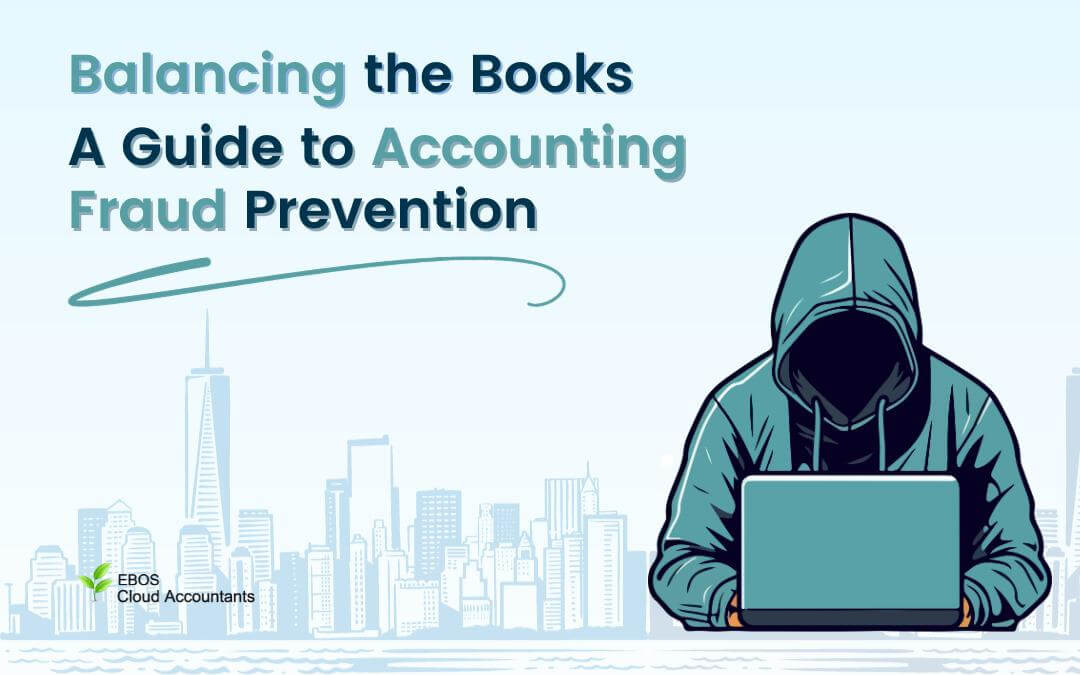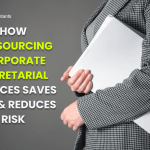Accounting fraud has never been more prevalent in the complex environment of modern commerce, where the exchange of value is digital and financial transactions traverse global networks.
Businesses and individuals must build protection against the harmful threat of accounting fraud as trustees of financial integrity.
In this article, we set out on a journey to arm you with the knowledge and methods you need to protect your financial landscape.
Understanding Accounting Fraud
Understanding accounting fraud entails comprehending the different features, motives, and procedures underlying purposeful and fraudulent manipulation of financial data.
Accounting fraud occurs when someone purposefully manipulates accounting records to make the company’s financial picture appear better than it is. When someone is found to have committed accounting fraud, they face criminal charges.
Common Types of Accounting Fraud
There are various types of accounting fraud that are most common. These include overstatement of revenues, understatement of expenses, and asset misappropriation or misrepresentation.
-
- Revenue Overstatement- To artificially inflate revenues, a corporation may post sales before they are made or before they are paid. They may fail to make adequate preparations for returns, or sales to linked parties may be improperly recorded as revenues.
- Expense Understatement- A corporation may fail to collect expenses for services consumed within the month but not yet billed to the business if expenses are understated. They might keep certain liabilities “off the books,” capitalize routine operational expenses, or neglect to record accounts payable.
- Asset Misrepresentation– Accounting fraud includes overstating the worth of capital assets or failing to properly record depreciation charges. Companies that exaggerate assets such as accounts receivable and inventory are also committing accounting fraud.
How Can You Identify Accounting Fraud?
Here are several red signs that accountants should be aware of on a daily basis:
-
- Seeing a company disclose a revenue gain at the end of the year.
- Revenue transaction reversals at the start of the next year are a warning indicator. For example, there are refunds, discounts, and so on that are not recorded, or are not recorded in a timely manner, resulting in inflated revenues.
- Any strange Q4 trends should be investigated.
How Can Accounting Fraud Be Prevented?
Knowing what red flags to look for is crucial, but it is preferable to prevent fraud before it occurs.
Companies must create the correct tone at the top, emphasize their code of ethics, and ensure proper internal controls are in place.
Accounting fraud prevention is a continual process that necessitates a combination of proactive procedures, ethical behavior, and constant awareness.
Key Takeaways
Understanding accounting fraud necessitates a holistic approach that takes into account not only the methods utilized but also the underlying motives and consequences.
It highlights the significance of transparency, ethical behavior, and vigilant scrutiny in preventing and detecting fraudulent actions.
For your company to be protected and guarded from fraud, you must hire accountants with integrity, which is why EBOS cloud accountants will assist you in protecting and preventing fraud in your business. Contact us now to learn more about our services.








Hello! I just would like to give a huge thumbs up for the great info you have here on this post. I will be coming back to your blog for more soon.
Thank you for you comment! will continue to post more articles.
Good respond in return of this matter with real arguments and
explaining all about that.
Appreciate your comment! will continue to post more articles.
Awesome article.
Thank you. Please stay tuned as we will post more articles.